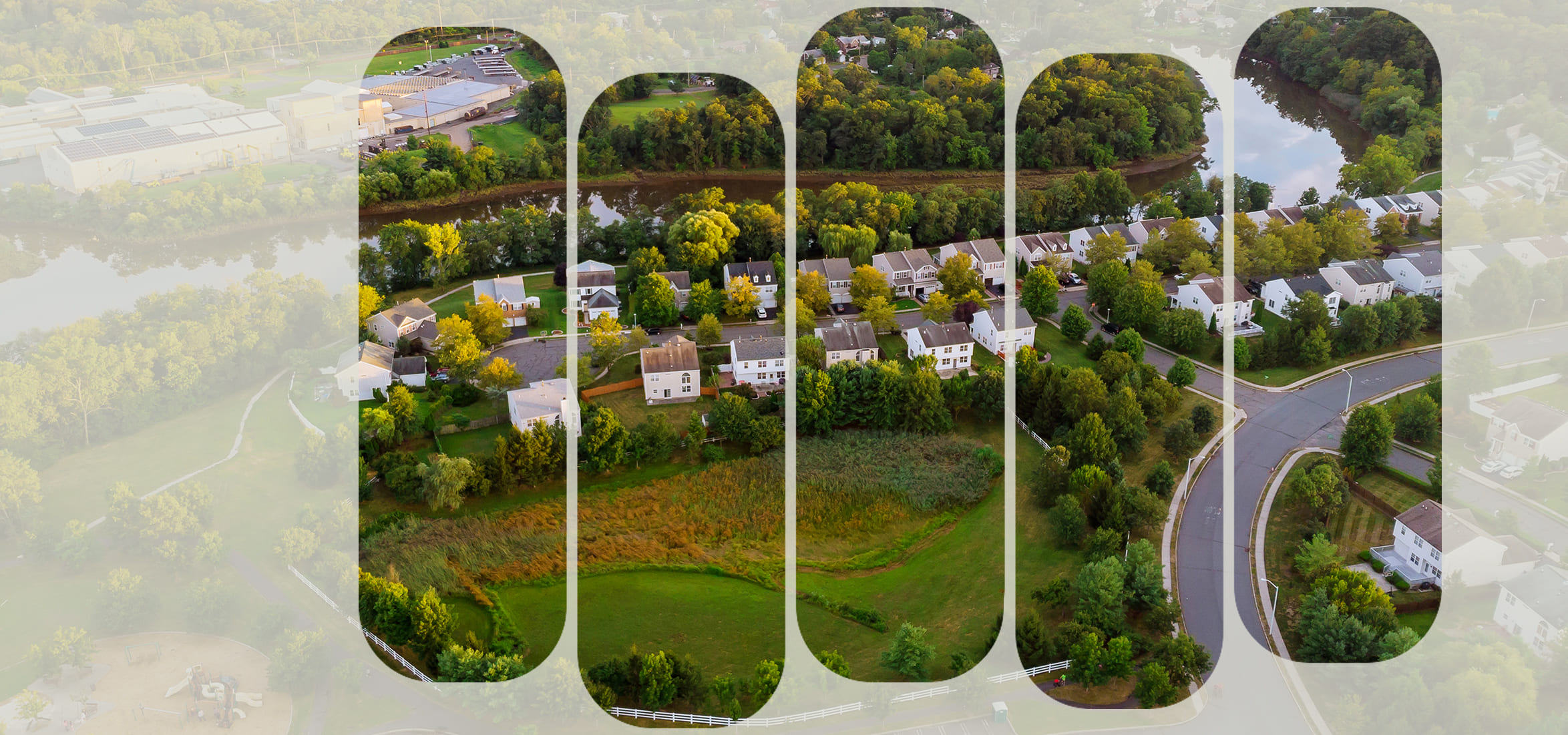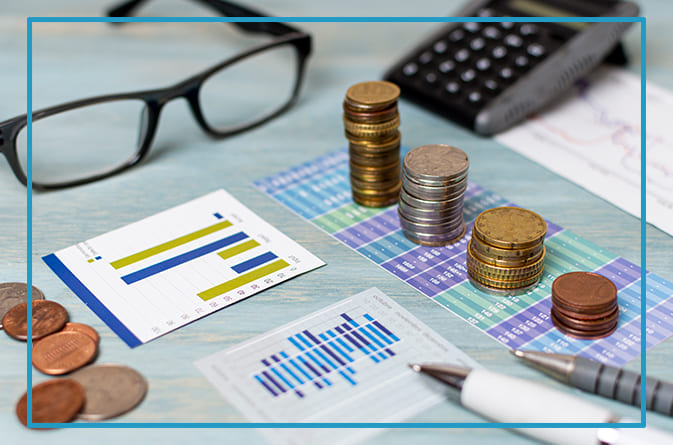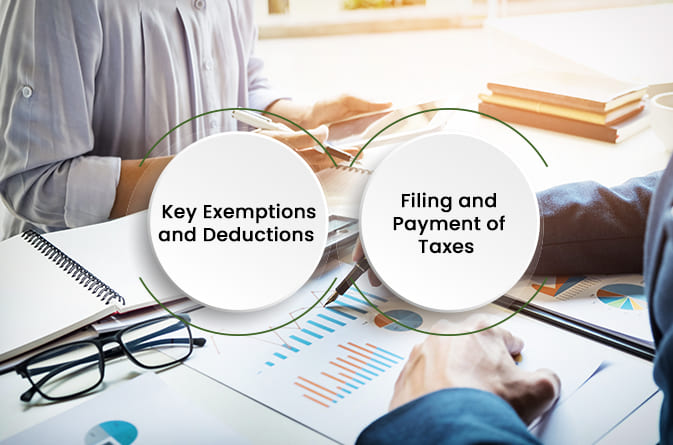Owning property in Bangalore, particularly raw houses and plots, can be an exciting and rewarding investment. However, it comes with a responsibility that many new property buyers and investors often overlook: understanding the local taxation system. Navigating through Bangalore’s tax structure can be confusing, especially when dealing with different tax rates for land and built-up properties. To avoid unexpected financial burdens, it’s crucial to understand the various taxes that apply to raw houses and plots.
This blog will provide a detailed explanation of the local taxation for raw houses and plots in Bangalore. We will discuss the key taxes, such as property tax, stamp duty, GST, betterment charges, and land revenue tax, along with the factors influencing property tax and available exemptions. Understanding these taxes will help property owners ensure compliance with local regulations and budget effectively for their property investments.

What Are the Types of Taxes for Raw Houses and Plots?
To understand land taxation in Bangalore one needs to have a look here at the types of local taxation for raw houses and plots in Bangalore.

-
Property Tax: Property tax is one of the most significant taxes you will encounter as an owner of raw houses or plots in Bangalore. The Bruhat Bengaluru Mahanagara Palike (BBMP) is responsible for collecting property tax, and the tax amount is determined based on several factors, including property type, location, and built-up area. For raw plots, the property tax calculation primarily focuses on the land's value. Property owners must pay annual taxes, and failure to do so can lead to penalties and legal complications. Taxes are typically higher in prime areas of Bangalore and lower in peripheral regions.
-
Stamp Duty: When purchasing raw houses or plots, stamp duty is a mandatory charge that needs to be paid at the time of property registration. In Bangalore, the stamp duty for residential properties is usually around 5% of the property’s market value. However, this rate can vary depending on whether the property is residential or commercial and its location. It’s essential to account for stamp duty when planning your budget for property transactions. Ensure to verify the current stamp duty rates from the official registration portal to avoid any discrepancies.
-
Goods and Services Tax (GST): GST is a tax that applies to goods and services in India, including property transactions. However, it only applies to the construction of properties, not to raw land. Therefore, when buying raw houses or plots, GST does not apply. But if you're purchasing land where construction is ongoing, the construction portion may attract GST. Being aware of when GST applies can help avoid unnecessary expenses during property transactions.
-
Betterment Charges: Betterment charges are additional fees imposed on property owners located in newly developed or urbanized areas. These charges are levied by the municipal corporation to recover the cost of improvements made in the surrounding area, such as road development, drainage, and public utilities. Raw house taxation rules in Bangalore; if you own a raw house or plot in an area that is undergoing development, you may be required to pay betterment charges. These charges vary based on the extent of infrastructure development in your area.
-
Land Revenue Tax: Land revenue tax applies to agricultural land, and the rate can vary depending on whether the land is agricultural, non-agricultural, or urban. Agricultural land is generally subject to a different taxation regime than non-agricultural or urban plots. If you have agricultural land in Bangalore and decide to convert it for urban use, you may have to pay a significantly higher tax rate. Agricultural landowners enjoy certain tax exemptions, but once the land is converted to non-agricultural or urban use, it will be taxed at a higher rate.
Factors Affecting Property Tax in Bangalore
Several factors influence the property tax you pay on raw houses or plots in Bangalore. The primary elements that affect the tax amount include the property’s market value, location, and whether it is residential or commercial.
The BBMP uses the Unit Area Value (UAV) method for calculating property tax. This method assigns a specific tax rate per square meter of land depending on the zone in which the property is located. Central locations tend to have higher tax rates due to their greater value, while properties in outlying areas have lower tax rates.

Key Exemptions and Deductions
Certain exemptions and deductions are available for property owners in Bangalore. For example, agricultural land is often exempt from property taxes, and some government schemes offer tax relief for specific property types. Additionally, property owners who pay their taxes early may qualify for rebates. Staying updated on available exemptions and deductions can help reduce your overall tax liabilities.
Filing and Payment of Taxes
Property taxes in Bangalore can be paid online through the official BBMP and registration portals. It’s crucial to file taxes on time to avoid penalties. The online platforms allow property owners to easily check their property details, calculate tax dues, and make payments. Regular checks for any outstanding taxes can help maintain good standing with local authorities.
Summing Up!
Understanding the local taxation system for raw houses and plots in Bangalore is essential for anyone looking to invest in property in the city. From property tax and stamp duty to betterment charges and GST, several taxes come into play when owning raw land. By staying informed and adhering to the tax rules, property owners can manage their tax liabilities effectively and avoid unnecessary financial burdens.
Bright Projects provides you with the best villa plots which are just 300 mts from STRR (Satellite Town Ring Road). Hurry up and book your plots now for a bright future!


